History of guidance and counselling in Nigeria
The Nigerian national educational institutions include the creation of the right types of values that can help a student survive in Nigerian society. It will help new members of the society adapt quickly and use their skills to help Nigeria. However, without understanding the historical development of guidance and counselling practices – it would be impossible to implement the right goals for Nigerians.
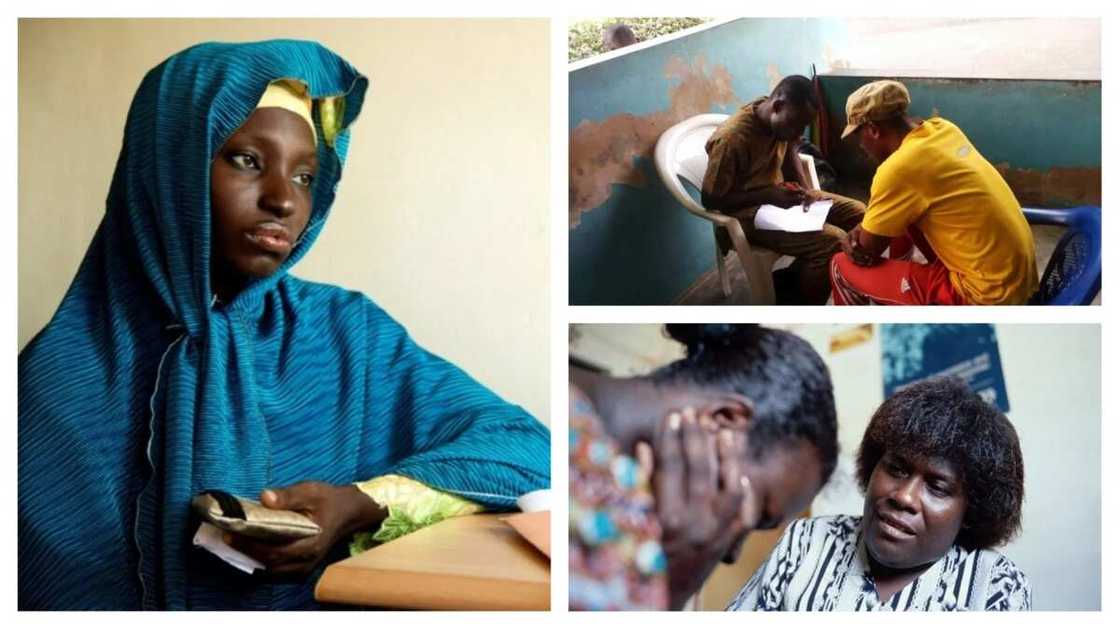
What are guidance and counselling?
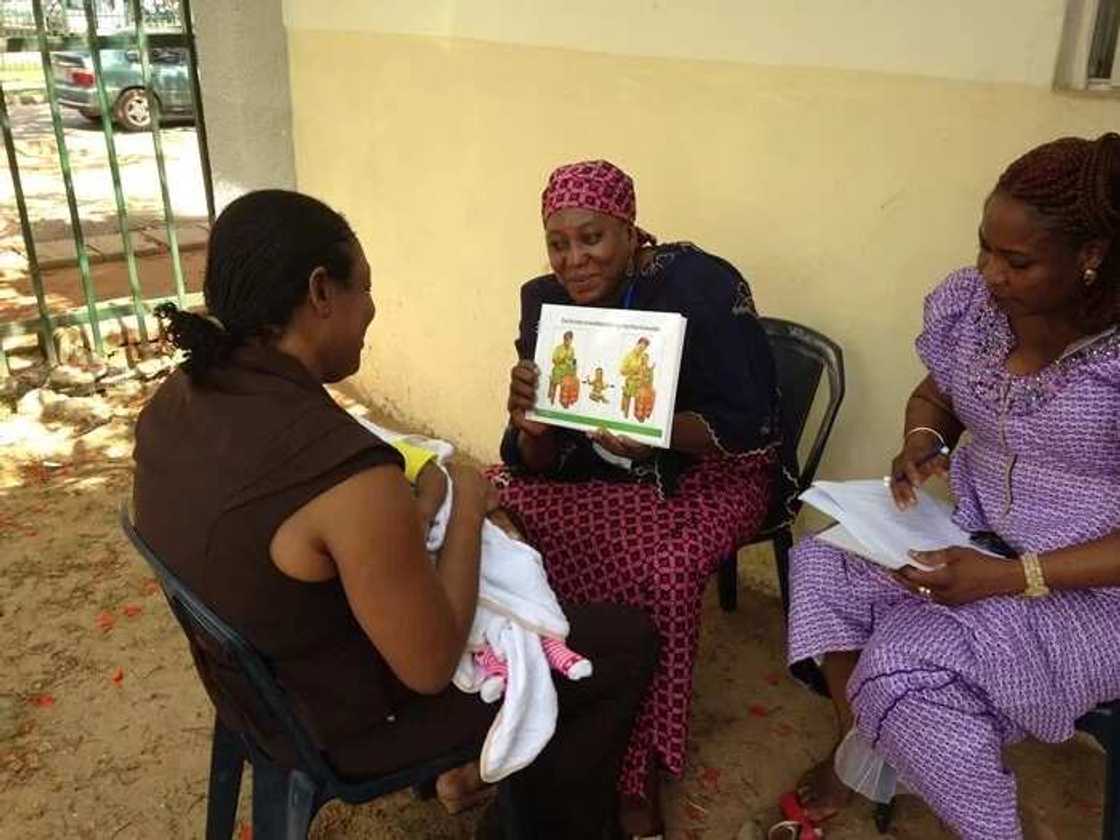
They are twin concepts that serve as the essential elements of every educational system. But they are not synonymous terms. Counselling is only considered as an area of guidance. Guidance, according to educational context, means to show the way, direction or path to students. Counselling can serve as a processor for guidance. It helps students to acquire more knowledge and contribute this knowledge to the society!
Historical Development of guidance and counselling in Nigeria

The history of guidance and counselling in Nigeria can be traced back to the 1960s. The first expansion of these two terms began in the primary and secondary schools shortly after independence. According to Adediran, the organized formula for guidance and counselling in Nigeria started at St. Theresa College in 1959. It was started by the reverend sisters who felt the need to guide secondary school leavers. They asked outsiders to consult with children about possible future professions.

The Federal Ministry of Education encouraged guidance and counselling development in schools by establishing a guidance and counselling unit in 1961. It was suspended later during the civil war but re-established shortly after the civil war. It was during that time that they introduced the new system of education – 6-3-3-4.
The Federal Government finally recognized the importance of guidance and counselling at the end of the 1970s. According to the third National Development Plan, the main efforts were focused onmanpower needs. Therefore, to achieve this goal, it was adopted to give the sense of fulfillment to the people. It led to the creation of the Counselling Association of Nigeria. This organization was connected with the American Personnel and Guidance Association.

In 1981, the Federal Government of Nigeria acknowledged the need for guidance and counseling services. Soon, these two concepts were implemented to the National Policy of Education. It provided the possibility to establish the counselling units in universities and even in the ministries of education.
Difference between guidance and counseling
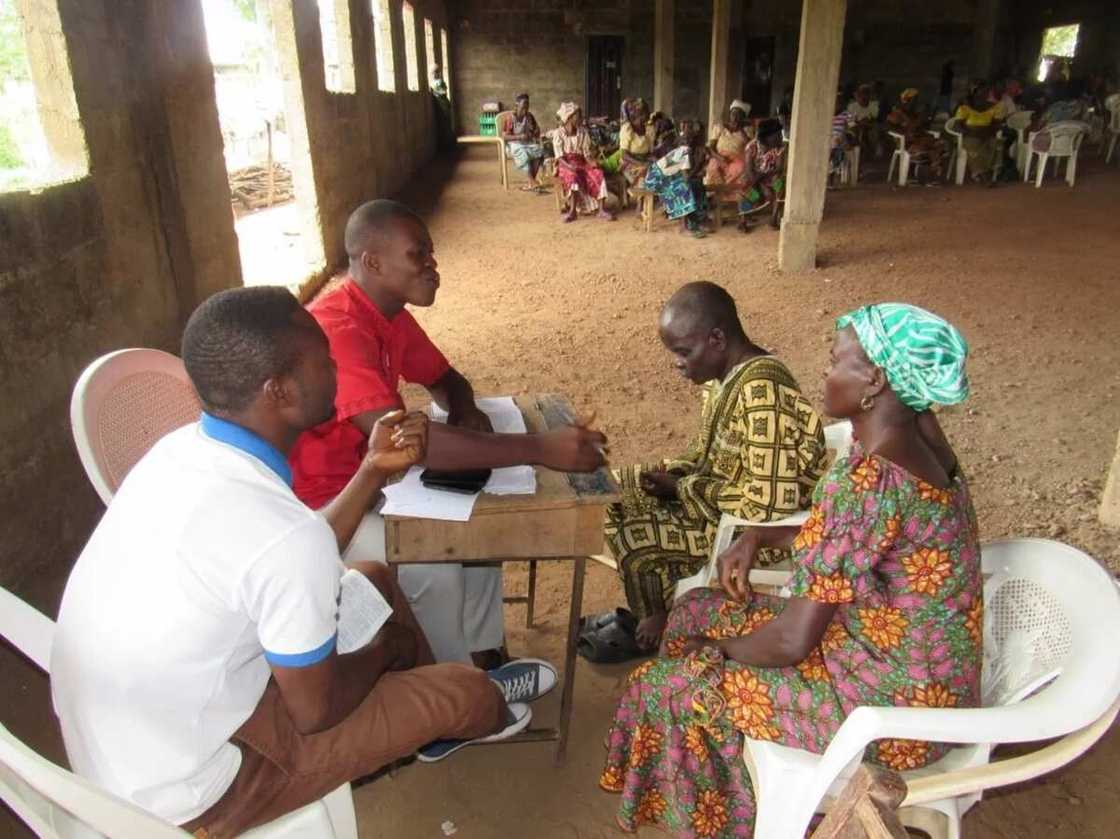
READ ALSO: Importance of crude oil in Nigeria economy
When you discuss the history of guidance and counselling in Nigeria, you may wonder –what is the difference between these two terms? Guidance is focused on the listening to the problem. When the problem is stated, an expert can then provide a solution to the problem.
In a counselling scenario, an expert listens to a problem, then he/she empowers another person to make a decision. There is no road map which can provide a solution. The solution is peculiar to every type of problem. Therefore, it`s needed to provide counselling and guidance to get an optimal decision and solution to any problem.
Concept of Guidance and Counselling

Guidance concept

The principles of guidance are universal in all countries! There may only be slight modifications to serve the needs of the local guidance services. There are the eight principles:
- All individuals are different;
- The dignity of every person is sacred;
- The social setting for individuals is a primary concern for guidance;
- The basis for an individual is his/her personal perception;
- The individuals act according to their perception;
- All individuals have an ability to learn and to be taught;
- The process of guidance starts in childhood and follows through the life;
- All individuals need assistance and guidance.
Concept of Counselling
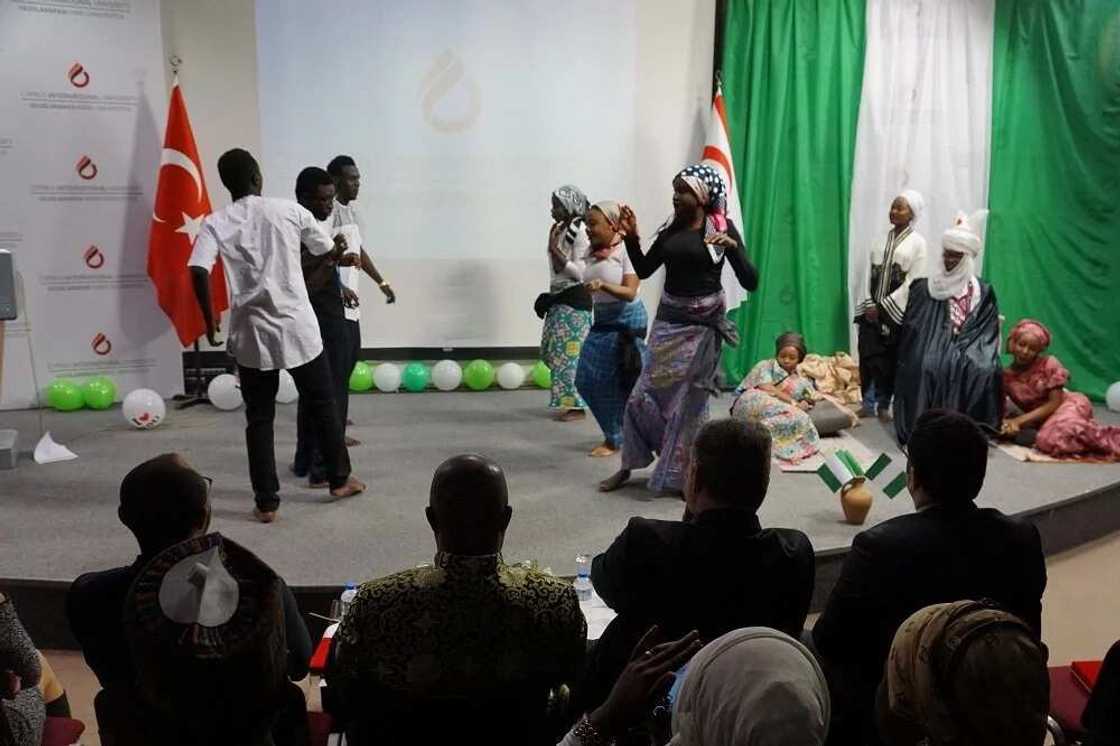
Counselling has a more difficult concept as the term is very controversial. In Nigeria, guidance and counselling services are relatively recent. It does not provide the standards of counselling like in the USA or Canada. Counselling should at least include two individuals. The first individual seeks help and the second – provides it.
Guidance and Counselling in the educational institutions of Nigeria
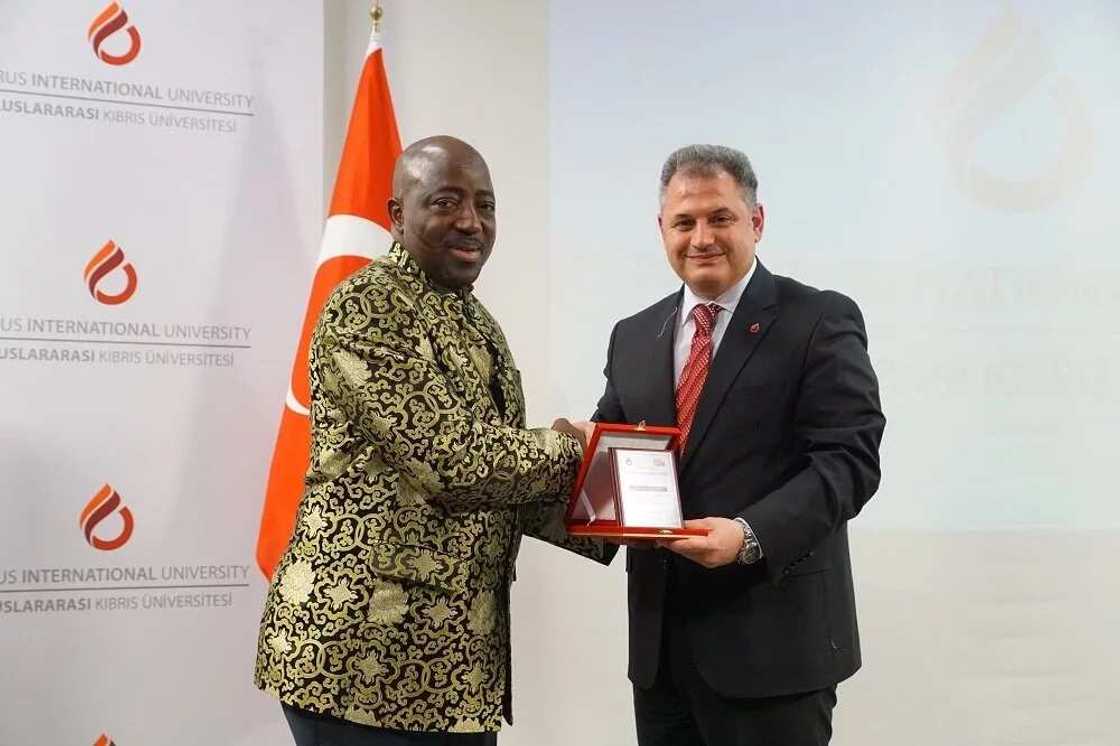
The process of guidance begins from the very first step of a child. A school provides additional counselling to the pupils. It`s necessary to provide guidance during the period of school life. It helps created a well-rounded person, who can adapt to the difficulties of the life. For instance, the pupils will be given the abilities to adapt to the university life.
University life is the next step of development for a person. Therefore, it`s necessary to provide counselling services to the student. It will help him or her to find a way in life. It will also help them adapt to the principles of the Nigerian society.
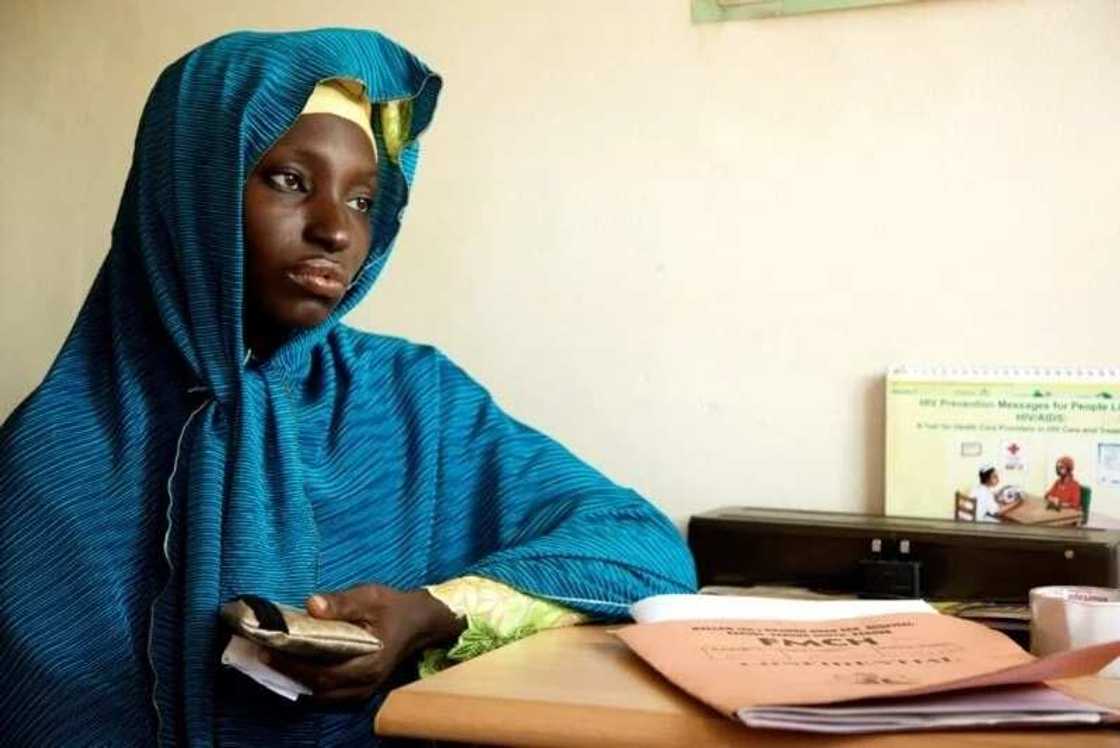
The guidance system continues to be of importance even after graduation. People will continue to search for solutions to their problems. Therefore, it`s necessary to develop guidance and counselling in Nigeria.
Guidance and counselling today

For today, these two concepts are provided in most educational institutions. So, you will certainly notice the provision of guidance and counselling services in Nigeria. Admittedly, the system is not perfect. But we are optimistic that the development of counselling and guidance will continue in Nigeria. It will help to provide Nigerian citizens with satisfaction in their life and career.
READ ALSO: Problems of ethnicity in Nigeria
Source: Legit.ng







